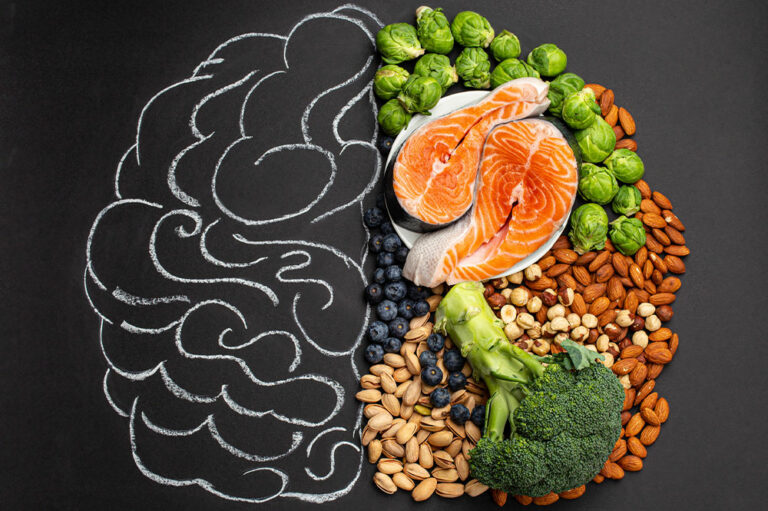
01
4 ways food impacts one’s mental health
Studies show that a person’s emotional and mental health are closely related to what they consume. A change in eating habits and lifestyle is frequently the first line of treatment for patients suffering from depression or other mental health conditions. Every individual’s nutritional needs are distinct. But barring allergies, everyone can rely on food to improve their cognitive functions and emotional state. Here are some ways that show how food impacts one’s mental health. Brain chemicals and the gut Science has termed the gastrointestinal tract the body’s “second brain.” Trillions of bacteria in one’s gastrointestinal tract help the brain produce dopamine and serotonin. These chemicals are mood stabilizers responsible for regulating one’s feelings of calmness, happiness, motivation, and rewards. It is believed that gut bacteria produce 95 percent of the body’s supply of serotonin. Nutrition-rich food promotes the growth of good bacteria that support the production of these chemicals. Insulin resistance On the contrary, processed and sugary foods are toxic to brain functioning. The high sugar content in foods strains the pancreas and results in insulin resistance. This, in turn, increases cortisol and glucagon levels. These neurotransmitters make one feel more anxious, fatigued, hungry and irritated. Nutrient deficiency and mood The nervous system and brain depend heavily on nutrition to produce new proteins and repair cells and tissues.
Read More 









